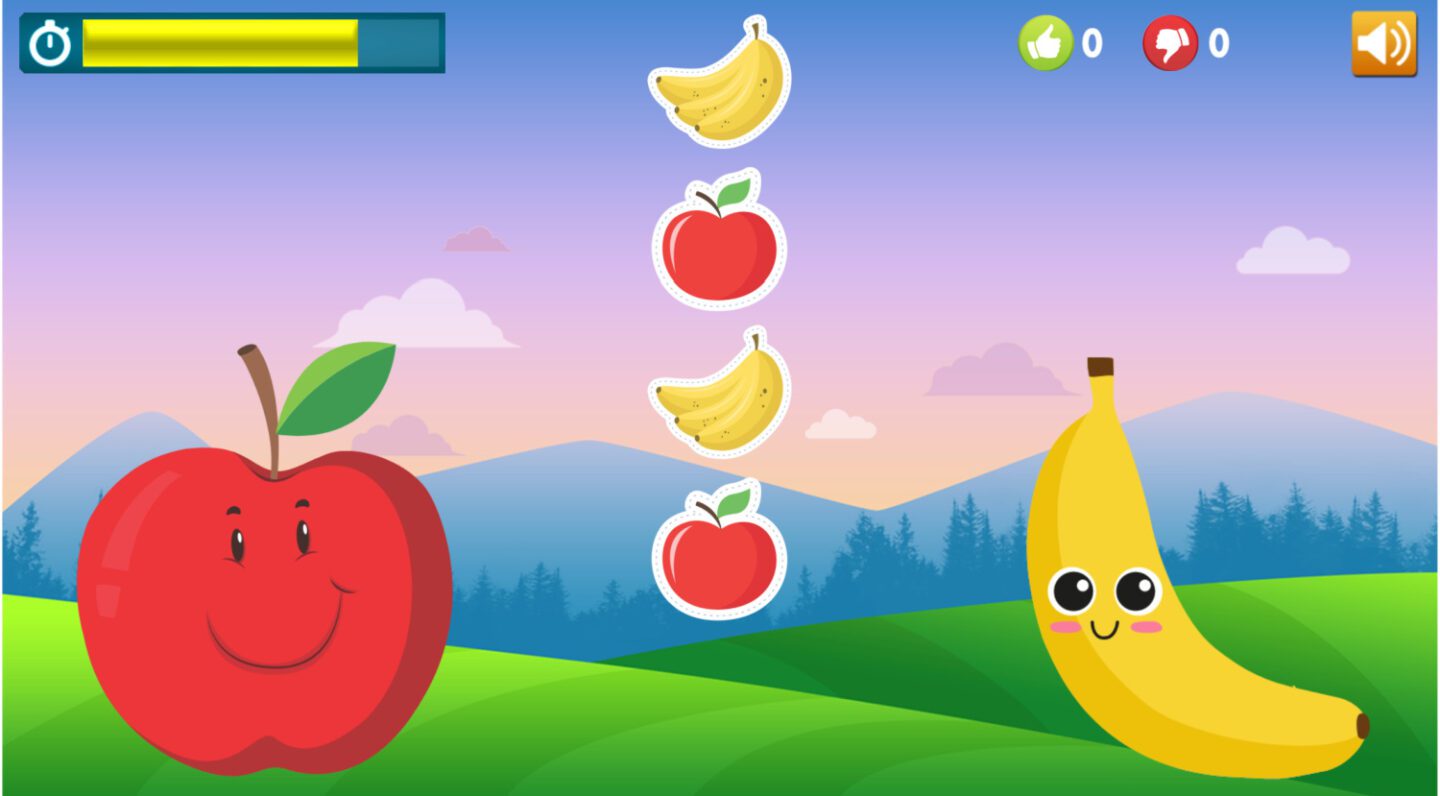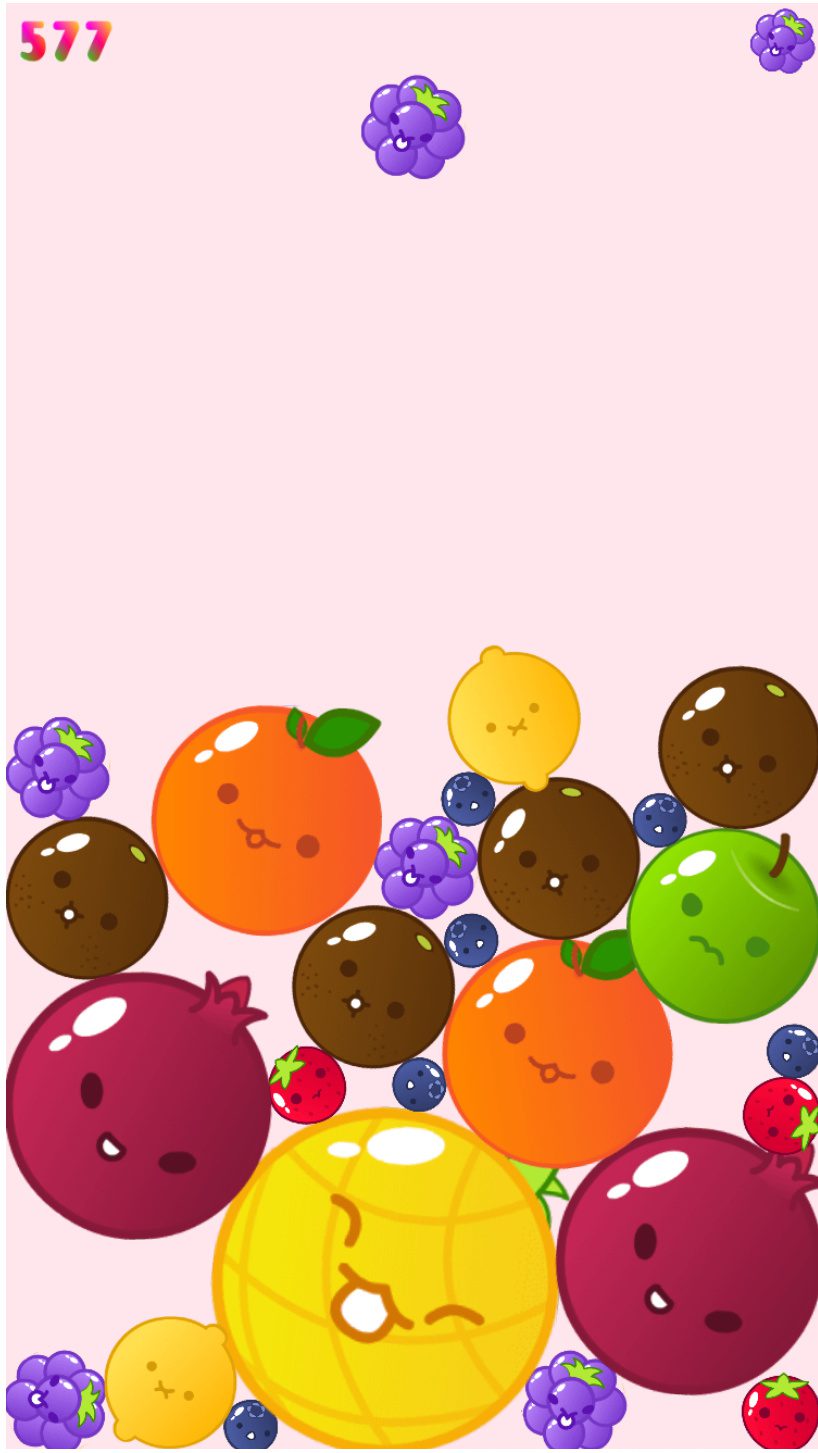Introducing children to the world of food and cooking at a young age can have numerous benefits, from fostering healthy eating habits to developing important life skills.

However, getting kids excited about food and cooking can sometimes be challenging. Luckily, there are plenty of creative and enjoyable ways to spark their interest and curiosity.
Here are five fun activities and strategies to engage younger children in the world of food and cooking so that they are aware of and care about food and its effect on their health from a young age.
Start by involving your children in the cooking process. Choose simple recipes that they can help with, such as making sandwiches, stirring a pancake batter, or assembling a fruit salad. Encourage them to get hands-on experience with food, from washing fruits and vegetables to mixing ingredients.
The tactile experience of handling different foods can pique their curiosity and make cooking more enjoyable. It also helps teach them about different foods as well as learning other skills such as counting without even realising they are doing maths.
Set up a play kitchen area where children can pretend to cook. Provide them with toy pots, pans, utensils, and plastic food items. This imaginative play allows them to mimic what they see adults doing in the kitchen and helps develop their creativity and problem-solving skills. You can also join in the fun by pretending to be customers at their restaurant or offering “cooking challenges” with pretend ingredients, which is fun for them and also helps them learn about different foods.
In today’s digital age, there are many educational apps and online games focused on food and cooking that can capture children’s attention. Look for interactive games where they can build sandwiches, decorate cakes, or run their own virtual restaurants. These games not only entertain but also teach valuable lessons about food preparation, nutrition, and even basic math skills.
I’ve been playing some great online food-related games for kids that are suitable for a wide range of ages to teach them about food and cooking at their specific age range.
For younger kids, this Fruit Sorting Game is simple and fun to get them used to what various fruits look like, and you could encourage them to name the fruits in the pictures as they go along, or you could get them to say the colour of the fruits out loud to help learn their colours.

For slightly older kids, ‘Guess the Food‘ is great as they need to recognise the food in the photo and then use the available letters to spell it out, helping them with their spelling whilst still having fun whilst playing.
The games aren’t just for kids either — I’ve become slightly addicted to this popular ‘Watermelon Game‘. I don’t know what it is about it, but I just can’t stop playing it! I keep telling myself, right, this is the last one now — and then starting again! I think it’s the challenge of beating it and seeing the fruits morph into a bigger fruit!
In this watermelon game, fruits drop down from the top and you have to combine the same types to burst them, so that the pile of fruits doesn’t reach the top! You could use this one educationally with children to start to recognise different fruits, shouting out what each one is as it pops up; plus it’s just fun to play!

Incorporate food-related books into your child’s reading routine. Look for colourful picture books that feature food as the central theme or books that tell stories about cooking adventures. You could ask them to identify different foods in the pictures and say whether they’ve ever tried it or not, too. This could also encourage them to try new things if they are not very willing to.
Reading together not only enhances their language skills but also introduces them to different foods and cultures. After reading, you can even try making a recipe inspired by the book.
Turn mealtime into a sensory experience by encouraging your children to explore different foods with their senses. Let them touch, smell, and taste a variety of ingredients, from crunchy vegetables to fragrant herbs. Use descriptive language to talk about the colours, textures, and flavours of each food item. You could even have them blindfold you and pick out different foods (with another adult supervising!) for you to try and guess what they are, and then it can be their turn to do the same!
This hands-on approach helps children become more comfortable with new foods and encourages them to be adventurous eaters.
Getting young children interested in food and cooking doesn’t have to be a daunting task. By incorporating fun and engaging activities into their daily routine, you can ignite their passion for food and cooking from an early age. Whether it’s through hands-on cooking sessions, imaginative play, or interactive online games, the key is to make the experience enjoyable and educational. Who knows, you might just inspire the next generation of master chefs!
This is a collaborative post.